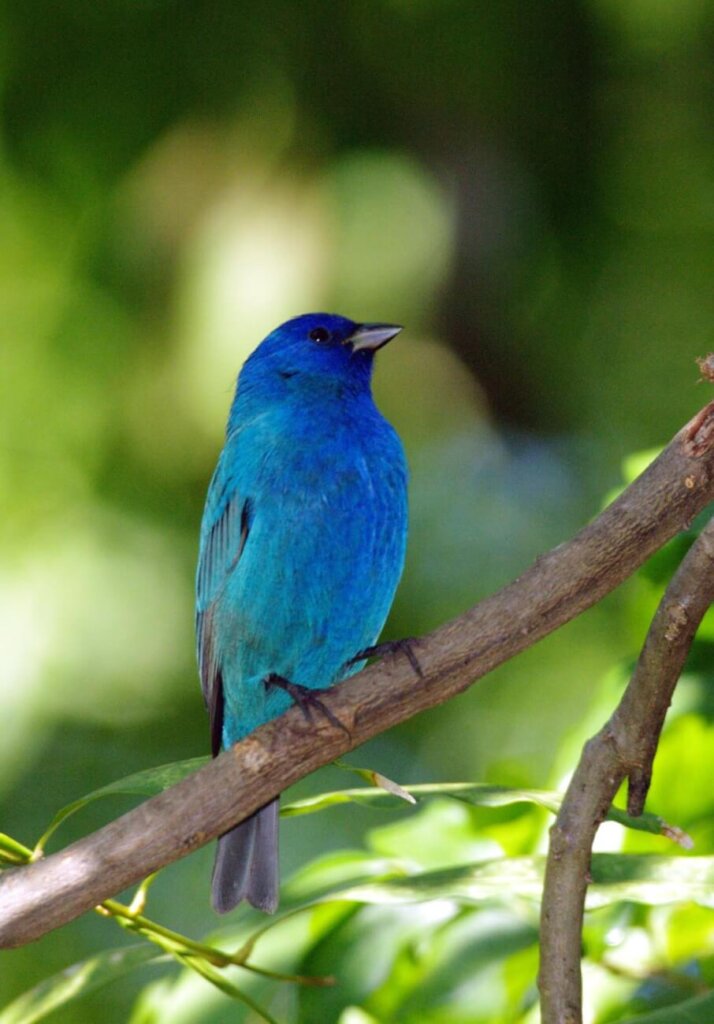
Natural resource management agencies in several states are working with diagnostic laboratories to investigate what is causing reports of sick and dying songbirds. The Animal Disease Diagnostic Laboratory at the Purdue University College of Veterinary Medicine has been helping with the investigation in Indiana, which is being led by the state’s Department of Natural Resources (DNR).
According to a multi-state summary statement issued recently, wildlife managers in Washington D.C., Maryland, Virginia, West Virginia, and Kentucky began receiving reports in late May of sick and dying birds with eye swelling and crusty discharge, as well as neurological signs. Since then, additional reports have been received from Delaware, New Jersey, Pennsylvania, Ohio and Tennessee as well as Indiana. While the majority of affected birds are reported to be fledgling common grackles, blue jays, European starlings, and American robins, other species of songbirds reportedly have been affected as well. No definitive cause(s) of illness or death have been determined as yet, and no human health or domestic livestock and poultry issues have been reported.
The natural resource management agencies in the affected states and the District of Columbia, along with the National Park Service, are continuing to work with diagnostic laboratories to investigate the cause(s) of this event. In addition to the Indiana ADDL, those laboratories include the USGS National Wildlife Health Center, the University of Georgia Southeastern Cooperative Wildlife Disease Study and the University of Pennsylvania Wildlife Futures Program.
Among the information gleaned so far is that the following pathogens have NOT been detected in any birds tested, based on results received to date: Salmonella and Chlamydia (bacterial pathogens); avian influenza virus, West Nile virus and other flaviviruses, Newcastle disease virus and other paramyxoviruses, herpesviruses and poxviruses; and Trichomonas parasites. Transmission electron microscopy and additional diagnostic tests, including microbiology, virology, parasitology, and toxicology are ongoing.
Birds congregating at bird feeders and bird baths can transmit diseases to one another. Therefore, the agencies involved in the investigation recommend the following standard precautions:
- Cease feeding birds until this wildlife morbidity/mortality event subsides;
- Clean feeders and bird baths with a 10% bleach solution (one part bleach mixed with nine parts water), rinse with water, and allow to air dry;
- Avoid handling birds unless necessary. If you do handle them wear disposable gloves. If picking up a dead bird, place an inverted plastic bag over your hand to avoid direct contact with the bird; and
- Keep pets (including pet birds) away from sick or dead wild birds as a standard precaution.
People who encounter sick or dead birds should contact their state’s wildlife conservation agency (in Indiana, the Department of Natural Resources) for further instructions and to help them track this event. To dispose of dead birds, place in a plastic bag, seal, and discard with household trash or alternatively bury them deeply. Additional information will be shared as it becomes available.
